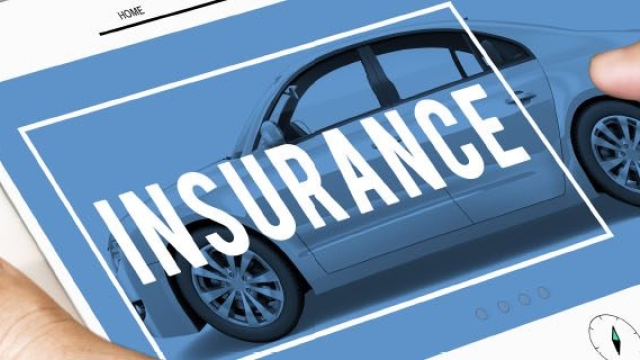Are you looking to demystify the world of car insurance? Look no further, as we delve into the intricacies and provide you with insider tips on understanding this crucial aspect of car ownership. Car insurance is a vital protection that can shield you from financial hardship in the event of accidents, theft, or damage to your vehicle. It acts as a safeguard, ensuring that you’re not left with a hefty bill in the unfortunate event of an unforeseen incident. In this article, we will unravel the mysteries surrounding car insurance, exploring what it entails, how it works, and what factors to consider to make informed decisions. So, let’s dive in and shed some light on the fascinating world of car insurance!
Understanding Car Insurance
Car insurance is a financial product that provides protection and coverage for vehicles and drivers in case of unforeseen events or accidents. It is a contract between the insured individual and the insurance company, where the insured pays a premium in exchange for the insurance company’s promise to pay for certain losses or damages as outlined in the policy.
Car insurance is essential for every driver as it helps to mitigate the financial risks associated with owning and operating a car. It provides coverage for damages to your vehicle, as well as damages to other vehicles, property, or individuals that may occur as a result of an accident. Additionally, car insurance can also offer protection against theft, vandalism, and natural disasters.
When considering car insurance, it’s important to understand the different types of coverage options available. Liability insurance is typically required by law and covers damages to other people or property caused by the insured driver. Collision insurance covers damages to your own vehicle in case of a collision, regardless of fault. Comprehensive insurance covers damages to your vehicle caused by factors other than a collision, such as theft, fire, or natural disasters.
Understanding the terms, limits, and coverage options of your car insurance policy is crucial. It’s essential to review and compare different insurance providers to find the coverage that best suits your needs and budget. By having a clear understanding of your car insurance policy, you can ensure that you are adequately protected in the event of an accident or unforeseen circumstances.
Types of Car Insurance
When it comes to car insurance, there are several types of coverage options available to drivers. Understanding these options is crucial in order to effectively protect yourself and your vehicle on the road. Here are three common types of car insurance policies:
Liability Insurance: This type of insurance is required by law in most states. It covers the costs of bodily injury and property damage you may cause to others in an accident. Liability insurance helps protect your assets in case you are found at fault for an accident and need to compensate the other party.
Collision Insurance: If your vehicle is damaged due to a collision with another vehicle or an object, collision insurance will cover the cost of repairs or provide compensation if your car is totaled. Even if you are at fault for the accident, collision insurance can help you get back on the road quickly without bearing the full financial burden.
Comprehensive Insurance: This coverage protects you against losses due to non-collision incidents, such as theft, vandalism, natural disasters, and falling objects. Comprehensive insurance can also help cover the cost of repairs if your vehicle is damaged by something other than a collision, providing you with peace of mind in unexpected situations.

Remember, these are just a few examples of the types of car insurance available. It’s important to carefully consider your specific needs and budget when choosing the coverage that’s right for you. By understanding the different types of car insurance, you can make an informed decision and ensure that you’re adequately protected on the road.
Factors Affecting Car Insurance Premiums
Car insurance premiums are influenced by several factors. Understanding these factors can help you make informed decisions when selecting an insurance policy. Here are three key factors that can affect your car insurance premiums:
Driving history: One of the most significant factors that insurers consider when calculating premiums is your driving history. If you have a clean record with no accidents or traffic violations, you are more likely to receive lower premiums. On the other hand, a history of accidents or tickets can result in higher premiums.
Age and experience: Young and inexperienced drivers tend to pay higher insurance premiums. This is because they are statistically more likely to be involved in accidents. As you gain experience and build a solid driving record, your premiums may gradually decrease.
Type of vehicle: The type of vehicle you drive can also impact your car insurance premiums. Insurance companies consider factors such as the make and model, age of the car, its safety features, and the likelihood of theft. Generally, more expensive or high-performance vehicles have higher insurance premiums compared to standard or less expensive cars.
Car Insurance Quotes
These are just a few factors that insurers take into account when determining car insurance premiums. Other factors such as your location, annual mileage, and credit history may also play a role. It’s essential to carefully review these factors and compare insurance quotes to find the best policy that suits your needs and budget.


